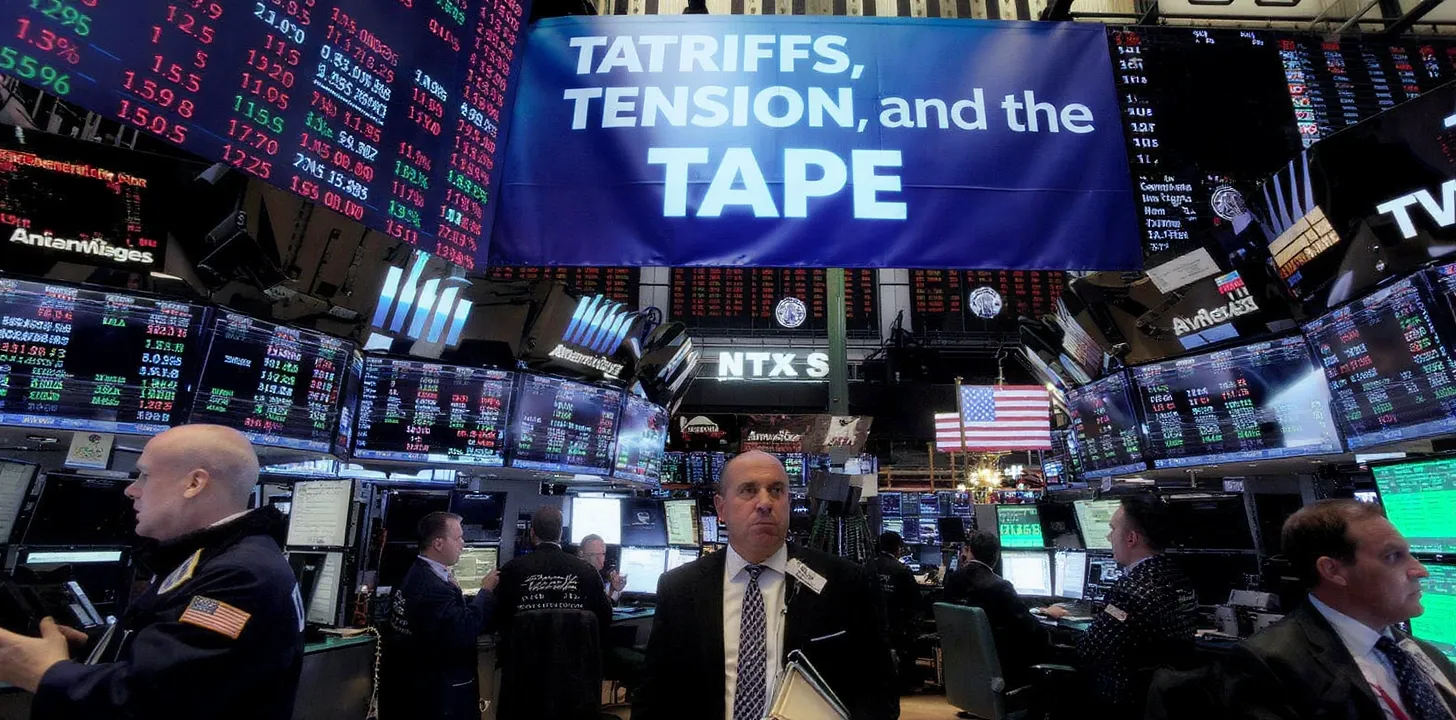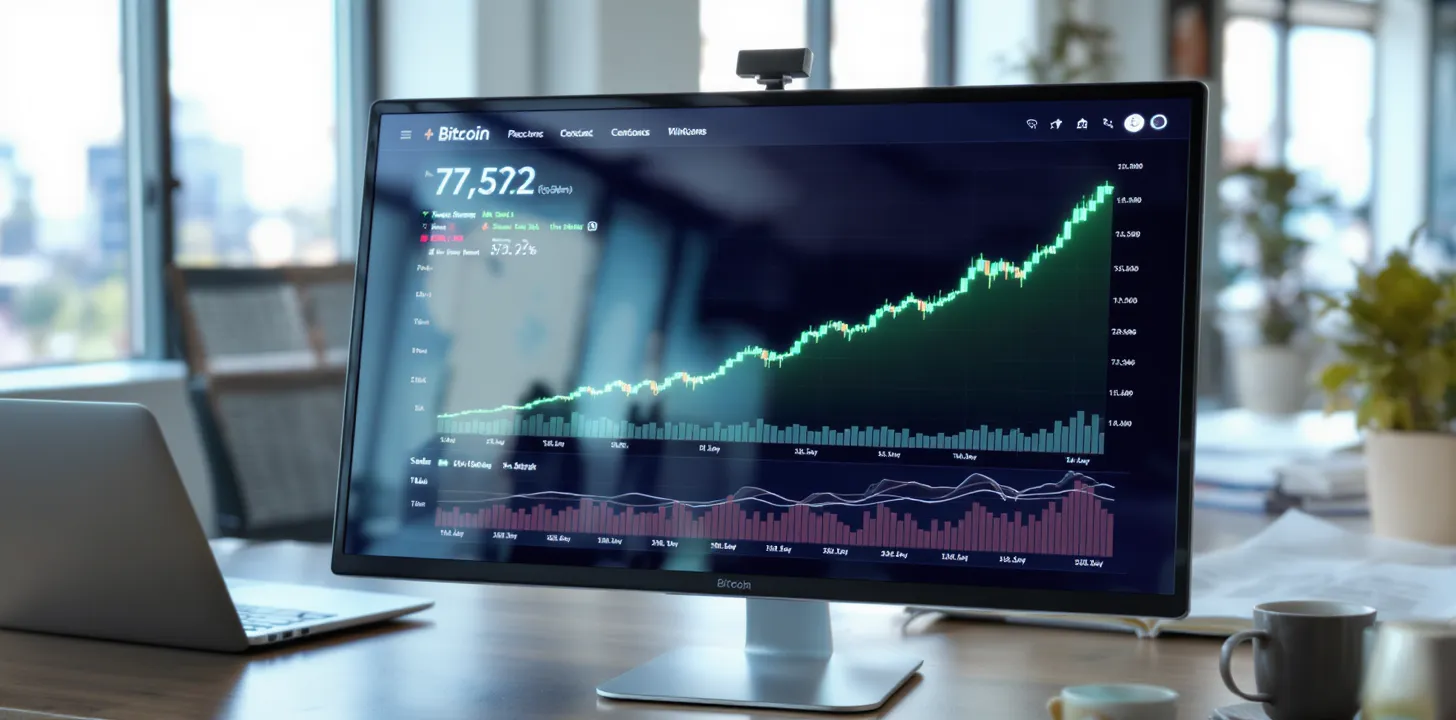The upcoming week is set to be pivotal for global financial markets, with central bank decisions, economic data releases, and geopolitical tensions all playing a crucial role. The European Central Bank (ECB) is expected to make a 25-basis-point rate cut on Thursday, with over 90% of economists polled predicting this move. The rate cut comes as inflation in the eurozone has dropped below the 2% target, and the ECB aims to bolster the region's fragile economic growth. The ECB's monetary policy statement and press conference will be closely watched by investors and traders for any additional signals on future rate cuts.
The Federal Reserve and Divergent Policies
In contrast, the United States is navigating a different monetary landscape. Recent comments from Minneapolis Fed President Neel Kashkari highlight the U.S. economy's resilience and strong labor market despite some softening in economic data. With the Fed appearing less focused on inflation compared to earlier in the year, this divergence between the U.S. and Europe is likely to affect currency markets. The euro could weaken against the dollar if the Fed maintains a hawkish tone, while the ECB moves towards easing monetary policies.
China’s Economic Outlook and the PBOC’s Role
China remains in the spotlight as it continues to navigate economic challenges. Recent fiscal stimulus measures aimed at supporting growth have caused volatility in Chinese markets, but uncertainty lingers about the effectiveness of these policies. September’s inflation data showed an unexpected easing, putting further pressure on Chinese authorities to implement stronger measures. This week’s economic data, including trade, industrial output, and Q3 GDP figures, will be critical for assessing the success of these stimulus efforts.
Market Sentiment and Currency Reactions
The dollar index has shown signs of stabilizing after a recent winning streak, but the ECB’s potential rate cut could further weaken the euro. The British pound is also facing pressure from weak UK GDP data, while commodity currencies like the Australian dollar (AUD) are reacting to rising U.S. yields and China’s economic uncertainty. Geopolitical tensions in the Middle East are impacting commodity markets, with oil prices rising due to supply concerns and gold prices showing slight declines as the dollar strengthens.
Conclusion
As central banks navigate divergent policies and geopolitical risks escalate, traders and investors must stay vigilant. This week’s central bank decisions, economic data releases, and geopolitical developments will significantly shape market dynamics. Platforms like CMS Prime provide traders with real-time market analysis tools, helping them navigate this complex environment and make informed decisions.



